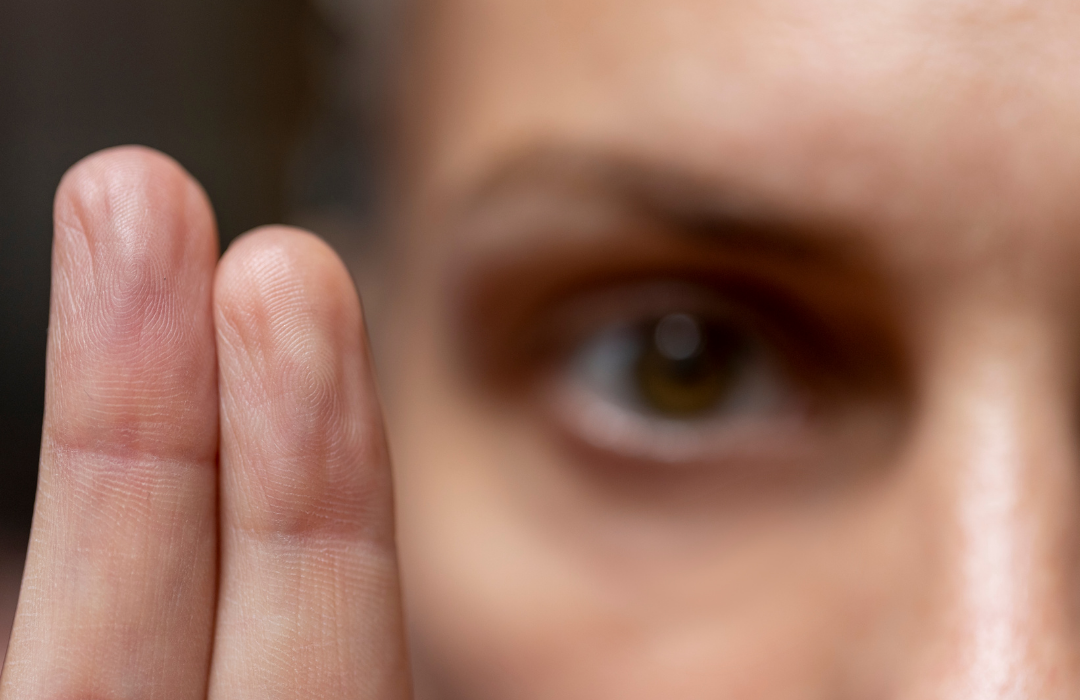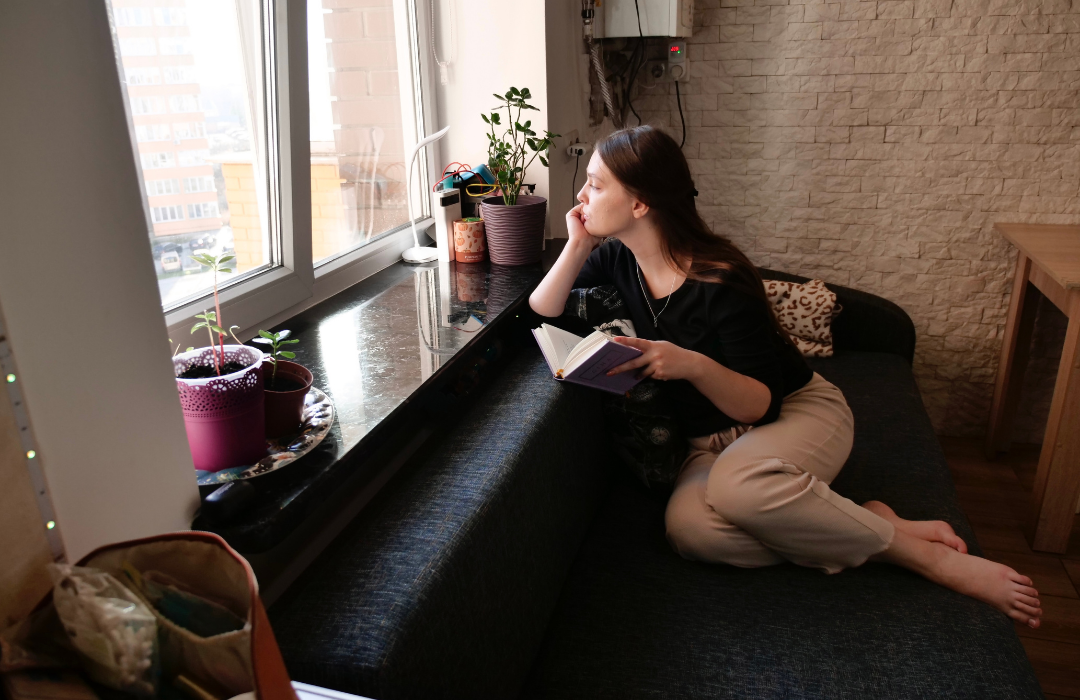Core Concerns
Trauma & PTSD Therapy
Anxiety Therapy
Grief Counseling
Eating Disorders & Body Image Therapy
OCD Treatment
Couples & Marriage Therapy
Teen & Adolescent Therapy
Family Therapy
Therapy for Women: Fertility, Perinatal, & Motherhood
Therapy for Young Adults & College Students
Our Healing Approach
Somatic Therapy
EMDR Therapy
Experiential Therapy
Internal Family Systems (IFS) Therapy
Culturally Responsive Therapy
LGBTQ+ Affirming Therapy
South Asian Therapy
East Asian Therapy
BIPOC Therapy





















